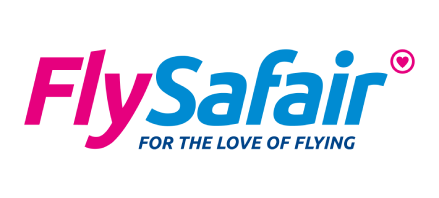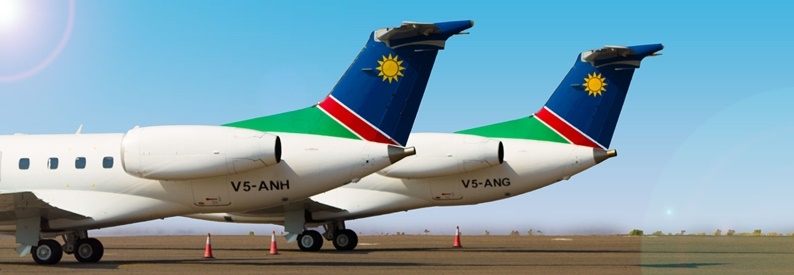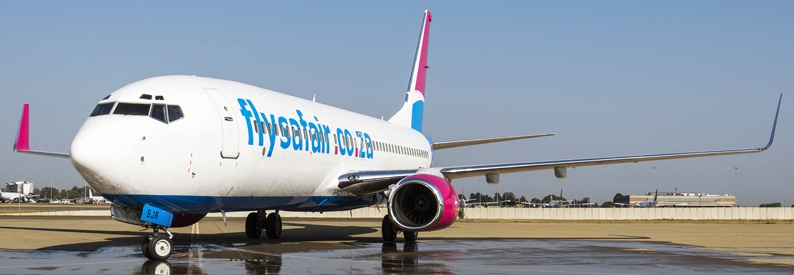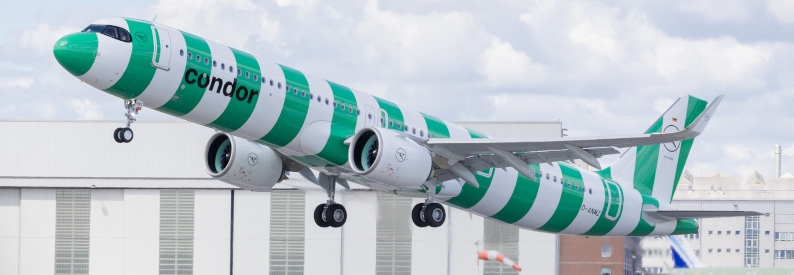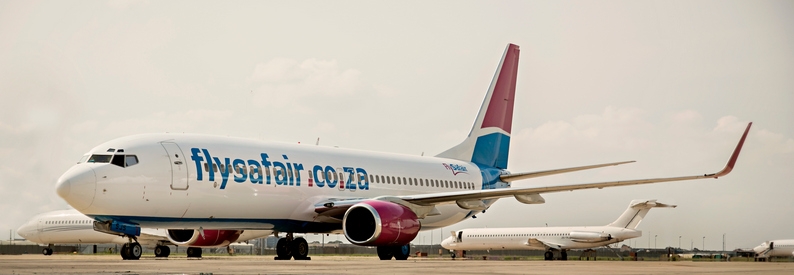South African low-cost airline FlySafair (FA, Johannesburg O.R. Tambo) was forced to cancel 12% of its scheduled flights on July 21 due to pilot absenteeism tied to industrial action over pay and scheduling.
The airline said the disruptions affected flights assigned to pilots who had previously confirmed their availability but withdrew late on July 20. All other flights operated as planned, and affected passengers were contacted directly, the carrier said.
FlySafair marketing chief Kirby Gordon told SAfm Radio: "The vast majority of flights are still going to be operated on time as per schedule, but there are about 12% [affected]. All details of these flights are available on the travel updates page on our website."
The airline last week proactively reshuffled its flight schedules ahead of the legally approved industrial action in an effort to avoid flight disruptions.
The strike, led by the Solidarity trade union that claims almost two-thirds of FlySafair’s pilots are its members, follows a breakdown in negotiations over a wage dispute. The pilots are demanding a 10.5% increase in base salaries along with additional pay and bonuses, which FlySafair says would effectively amount to more than a 20% increase in total costs, a level the airline describes as "unsustainable".
FlySafair has countered with a 5.7% increase - 1.5% above inflation - along with added benefits and bonuses. It defended its compensation packages, noting that its captains earn between ZAR1.8 million and ZAR2.3 million rands (USD102,000-130,000) annually, placing them among the country’s top 1% of earners.
The strike also centres on the airline’s rostering system, introduced earlier this year to streamline scheduling and allow more predictability for pilots. While FlySafair says the system aligns with global standards and improves flexibility, the union has raised concerns that it undermines pilot welfare.
"FlySafair captains spent an average of 63 hours last month in the cockpit flying passengers. This is well within regulatory limits set by the SA Civil Aviation Authority, IATA, and ICAO, which cap flight duty at 100 hours per month," the airline said.
However, Solidarity said FlySafair's pilots "feel exhausted, ignored, and unappreciated". Solidarity deputy general secretary Helgard Cronjé said they were experiencing growing burnout, with relations between crew and management deteriorating.
Solidarity accused FlySafair of missing an opportunity to resolve the dispute over the weekend and only agreeing to resume arbitration talks this week amid mounting public pressure. It claimed that 90% of the airline’s union-affiliated pilots were prepared to strike for only one day, but FlySafair had escalated the standoff by initiating a seven-day lockout. Solidarity warned that disruptions could last up to two weeks and urged a swift return to negotiations.
FlySafair remains committed, it said, to constructive dialogue and is working to minimise disruption. The company expressed regret for the inconvenience caused and reaffirmed its focus on balancing fair treatment of staff with financial sustainability.
